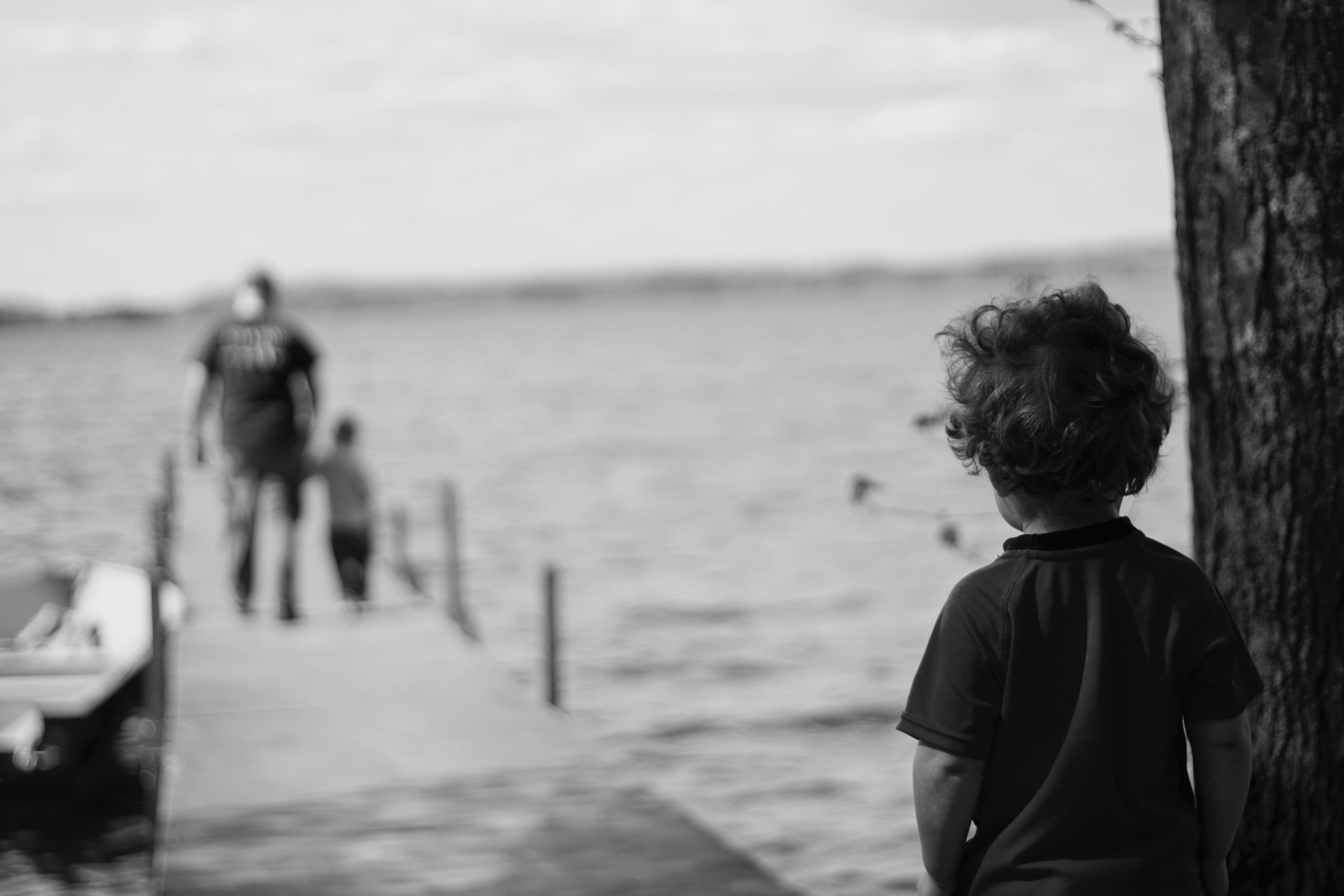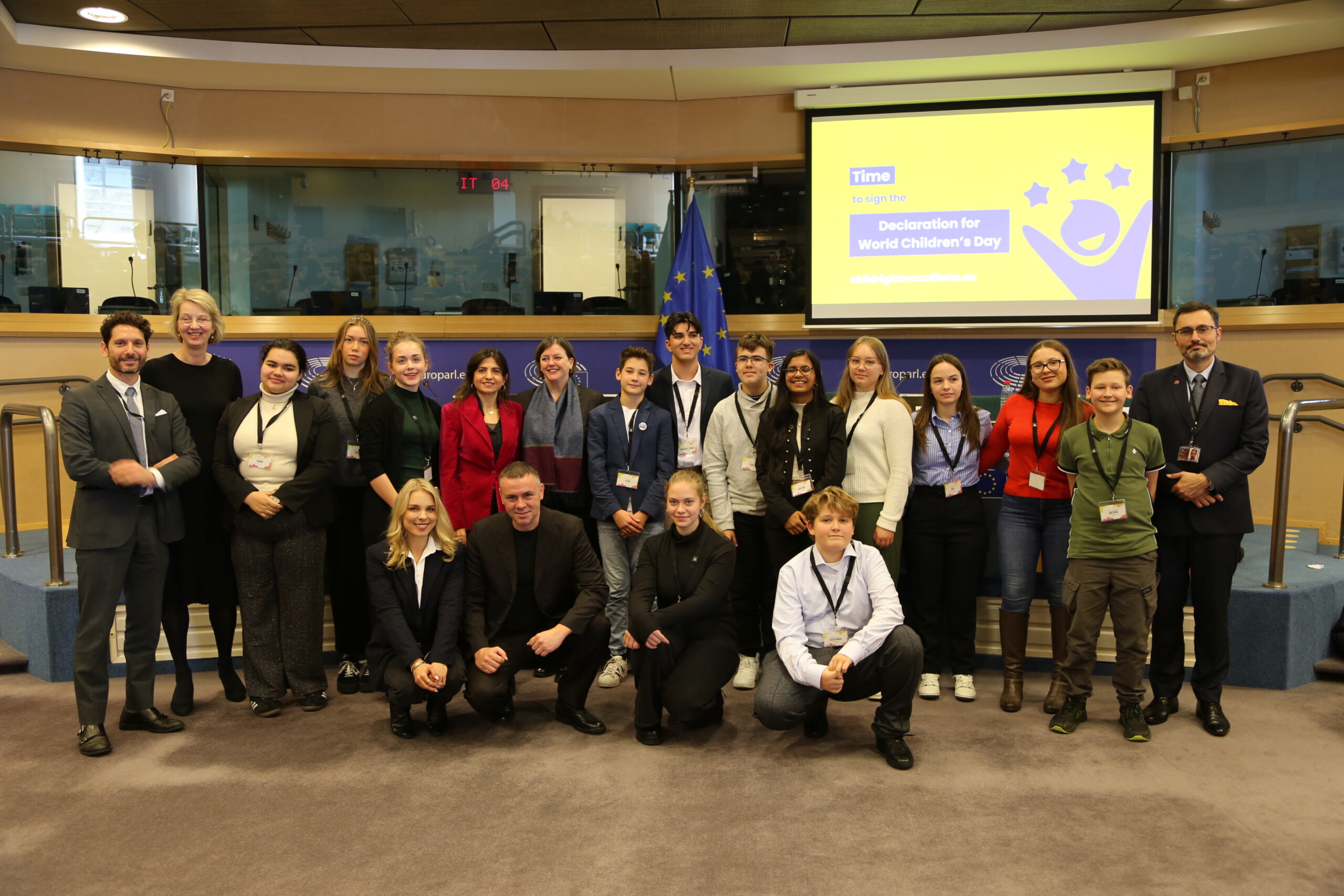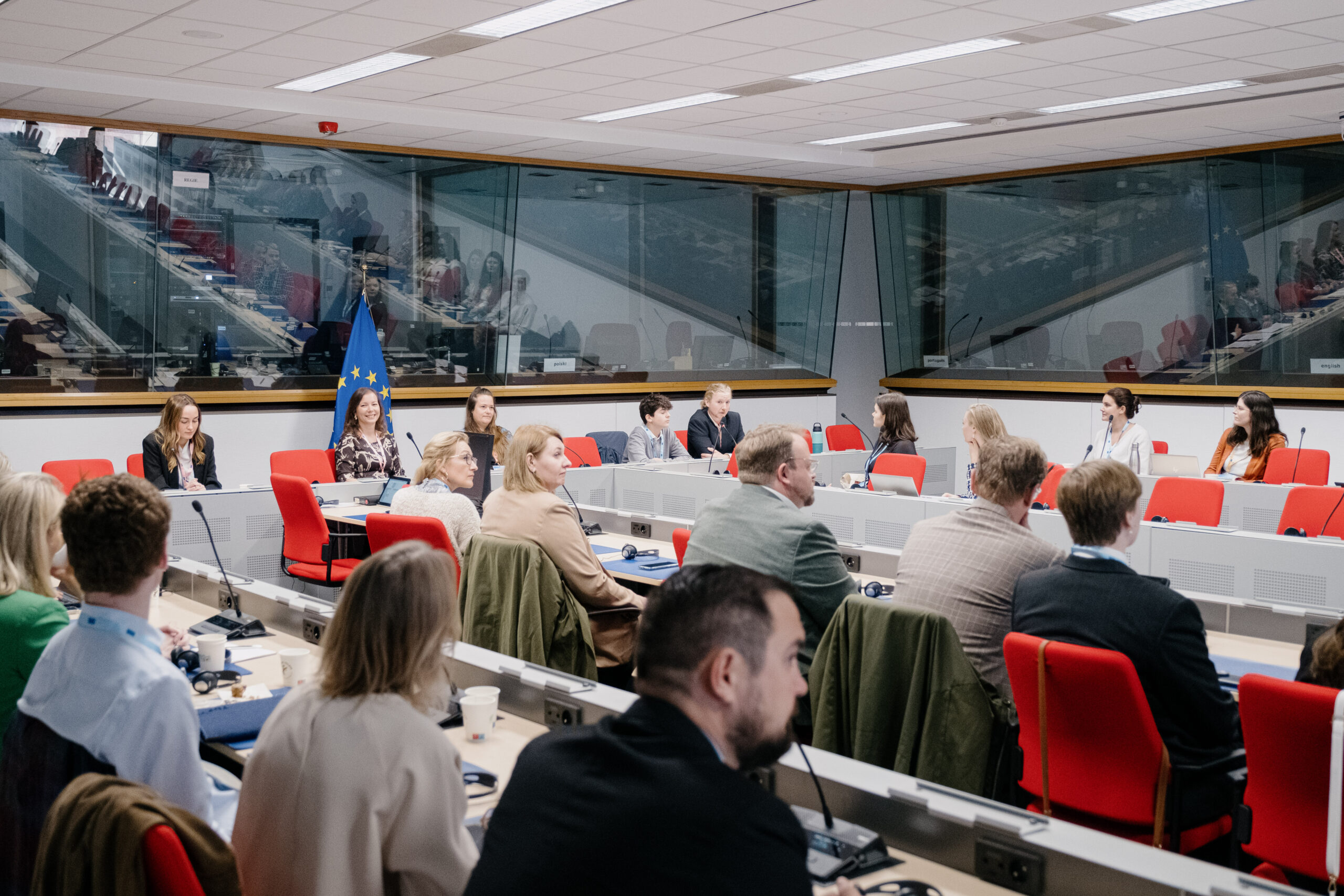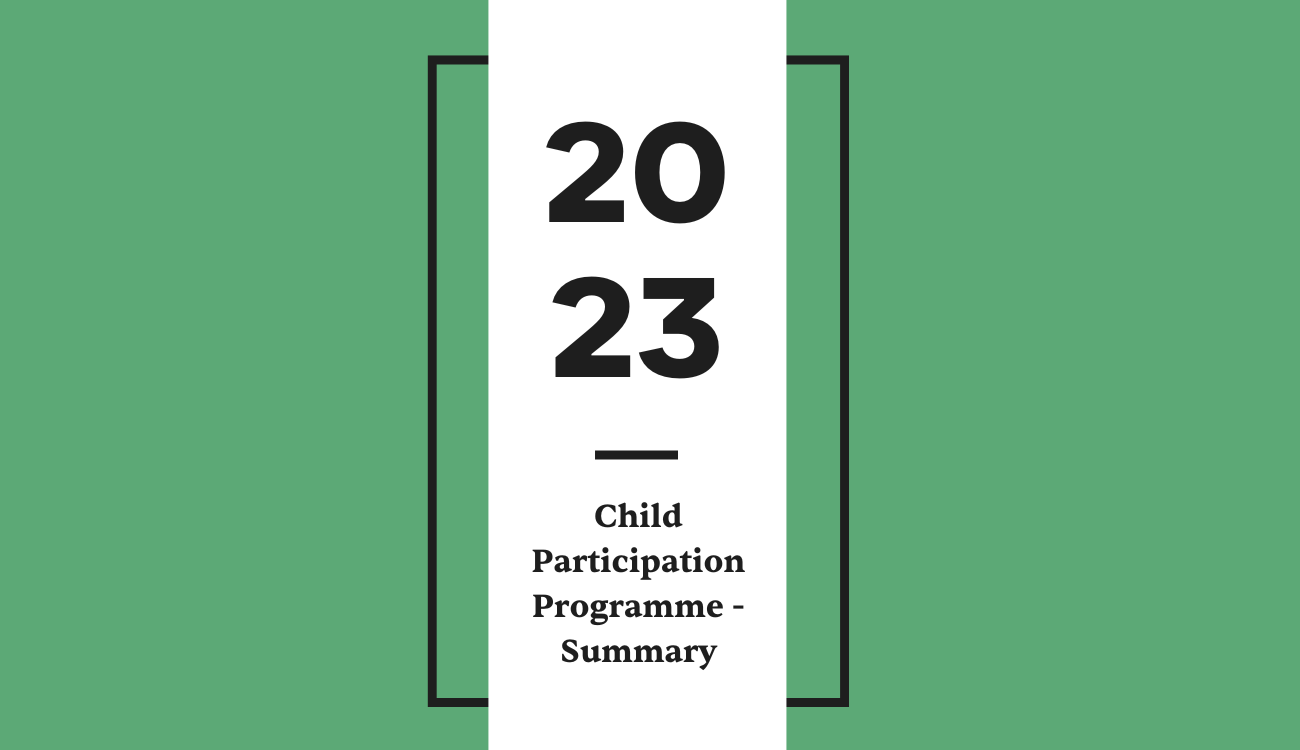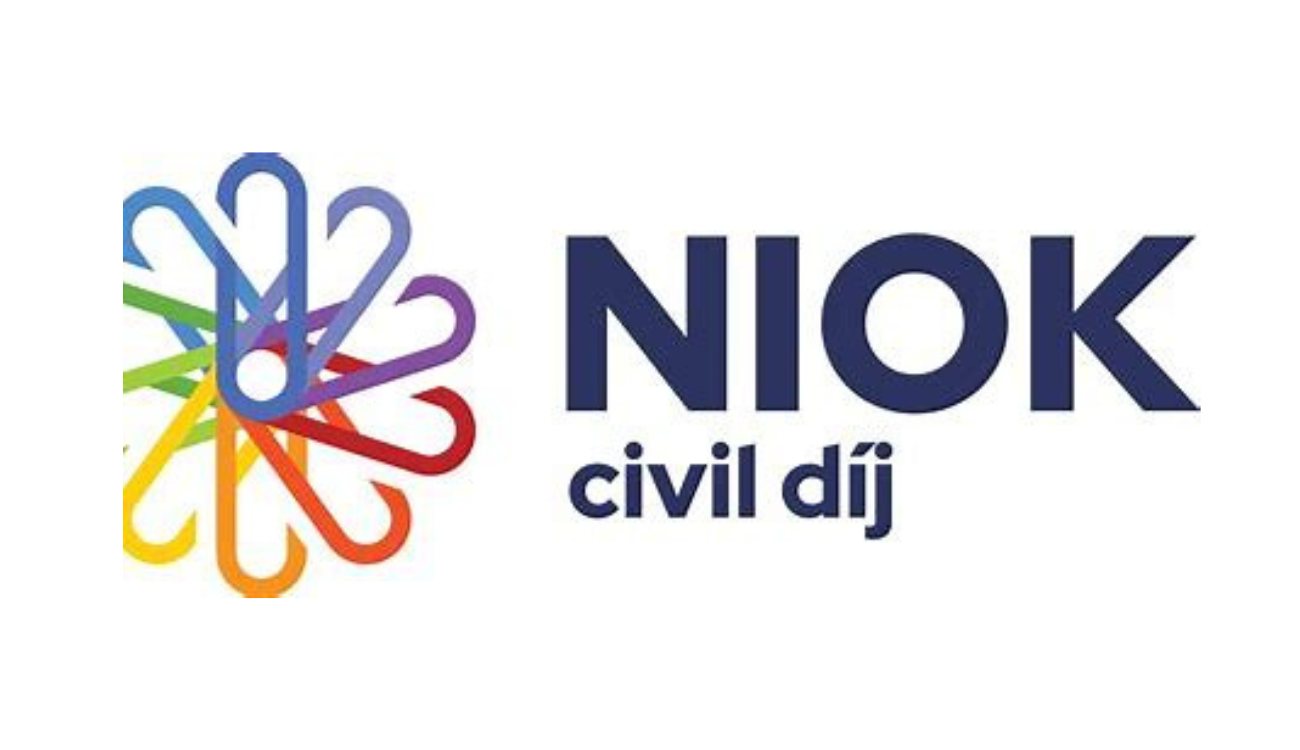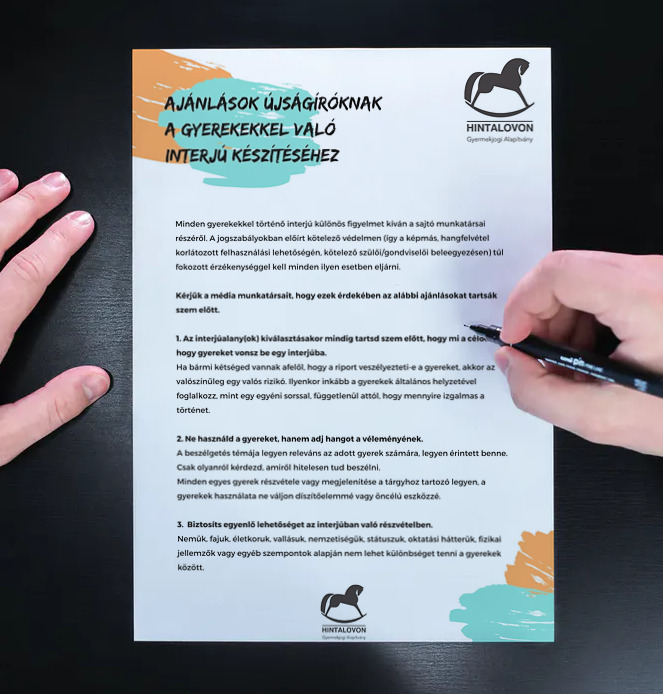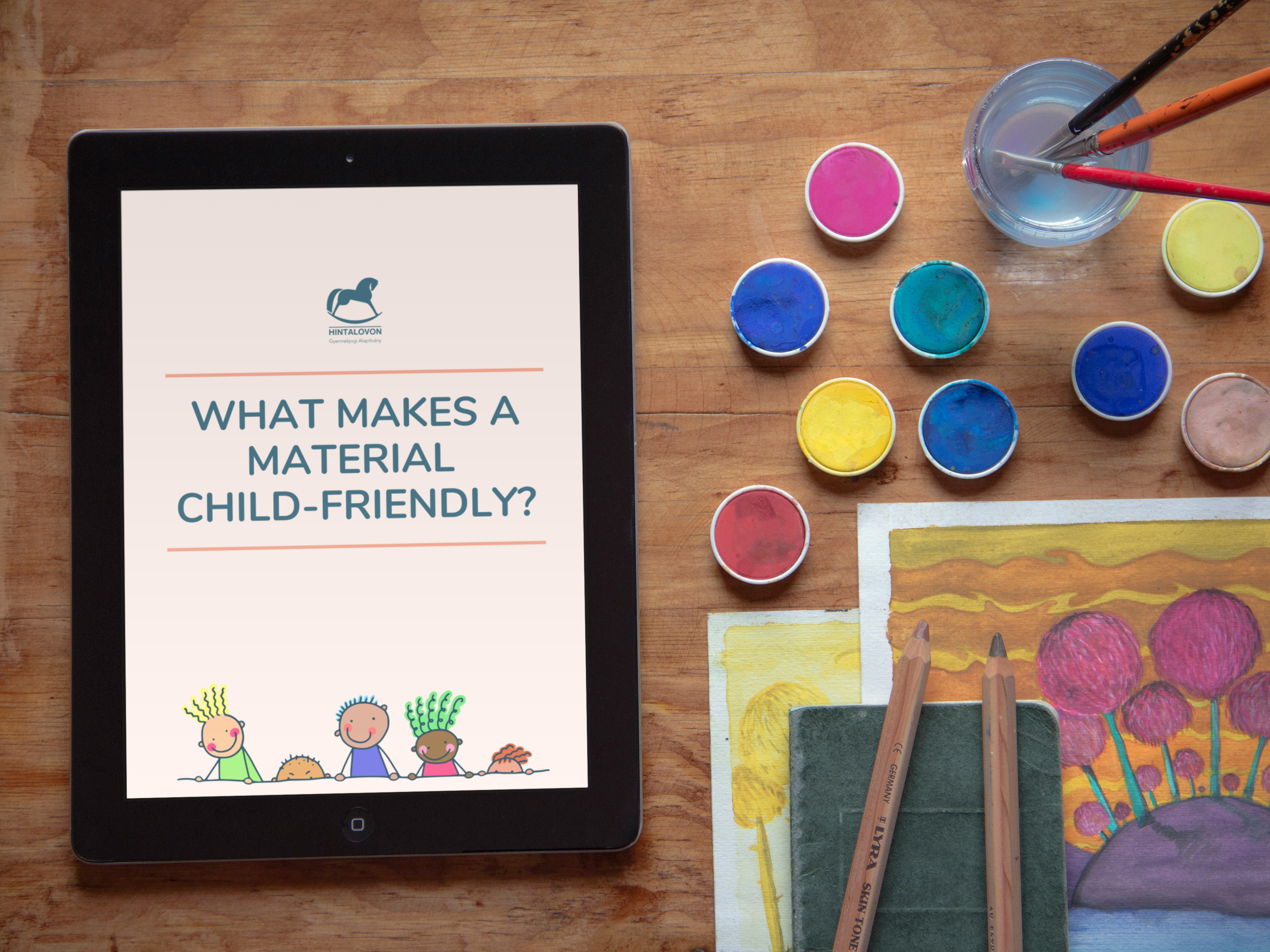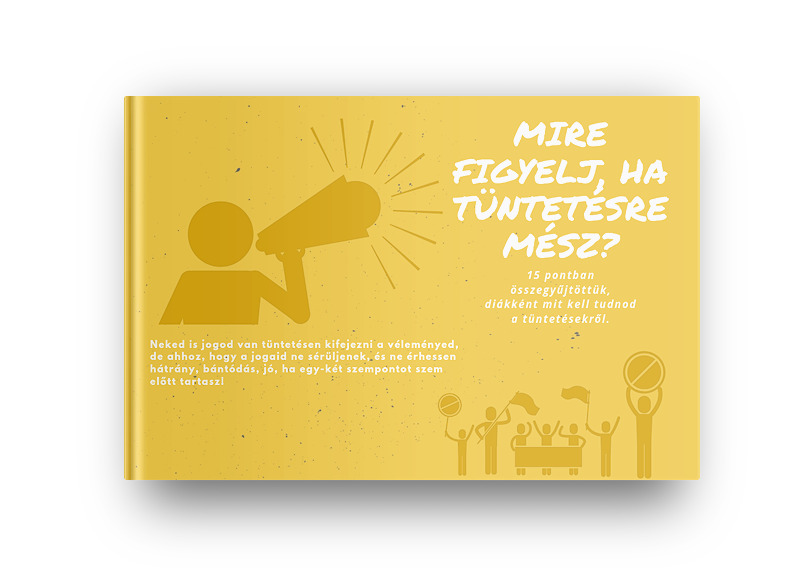The results of a drama-based research with children
In 2020, Hintalovon carried out a research among children to enhance the participation and improve the situation of children affected by parental international child abduction. The INCLUDE project, implemented in international partnership, used an innovative methodology to study this sensitive issue. The results of this drama based, participatory research contributed to the development of two best practice guides to professionals.
What is international child abduction?
An international child abduction is the situation in which a person takes a child to another country without the consent of the child’s parent. The perpetrator is often the other parent of the child. Hence, the phenomenon is often referred to as ‘parental abduction’. Usually, this is the result of a profound family conflict between a bi-national couple or a couple living abroad.
International child abduction is a complex legal, practical and emotional issue, affecting approximately 1300 children every year in the European Union. From a child-centric view, it encompasses the distress deriving from divorce and separation, getting in contact with the justice system and accommodation to a new environment. Children are in an extremely vulnerable situation. Typically, they have been excluded from the truth of moving abroad and find themselves in a position when once again, their life is in the hand of adults.
What is the project about?
In 2019, the INCLUDE project was launched by Missing Children Europe to offer a set of good practices to legal professionals. It aimed to enhance the participation and improve the situation of abducted children from the start of the civil proceedings until the enforcement of the decision and immediately after a return. The project was implemented in partnership with University of Antwerp, Hope for Children Cyprus and Hintalovon Child Rights Foundation. The project is supported by the European Commission (JUST-AG-2018/JUST-JCOO-AG-2018).
What did the Foundation do?
We conducted a research with children to gain a better understanding of children’s needs in case of international child abduction. Hintalovon was responsible for developing the methodology of child participation in the research project in Cyprus and Hungary, and carried out the research in Hungary.
We conducted qualitative research with an interpretative approach.
- Drama was used to consult 10 to 14 years old children and gain a better understanding of their needs in situations that are typical in international child abduction. The activities addressed abduction in a decontextualized way to find out what children need in these difficult or vulnerable situations.
- Children aged 14 to 17 became part of the research team. Child rights Ambassadors were observers in the drama sessions, whose learnings were analysed and linked to international child abduction together. They helped adults to understand younger children’s perspectives better, and they also shared their views about children’s needs in these situations.
What was the research about?
The research focused on situations and experiences that reflect the underlying themes of international child abduction. Situations when children:
- experience something unexpected
- are being informed about significant decisions
- have no say in something
- get separated from the parent
- need to accommodate
- feel betrayed, trust is damaged
- do not understand what is happening, they are left alone with their questions
- are hesitant to speak up
- are in vulnerable situations and their future depends on others
The research examined what children need to feel respected and taken seriously, what they need to be able to speak up, what help them to find out about important decisions, and what they need to feel safe and feel better.
What did we found?
The research concluded that:
- Emphasis should be made on the underlying themes of international child abduction
- Supporting child participation on an appropriate level is key
- Sharing information and discussing the situation with children should be fundamental
- Children’s behaviour with authority figures is shaped by earlier experiences – but they can be overcome
- Professionals are seen differently
- Primary prevention should be also supported
- Children want parents to control the situation and take responsibility
- Details matter
Download the presentation here. Download the full research report here.
For more information, visit https://missingchildreneurope.eu/include/.
